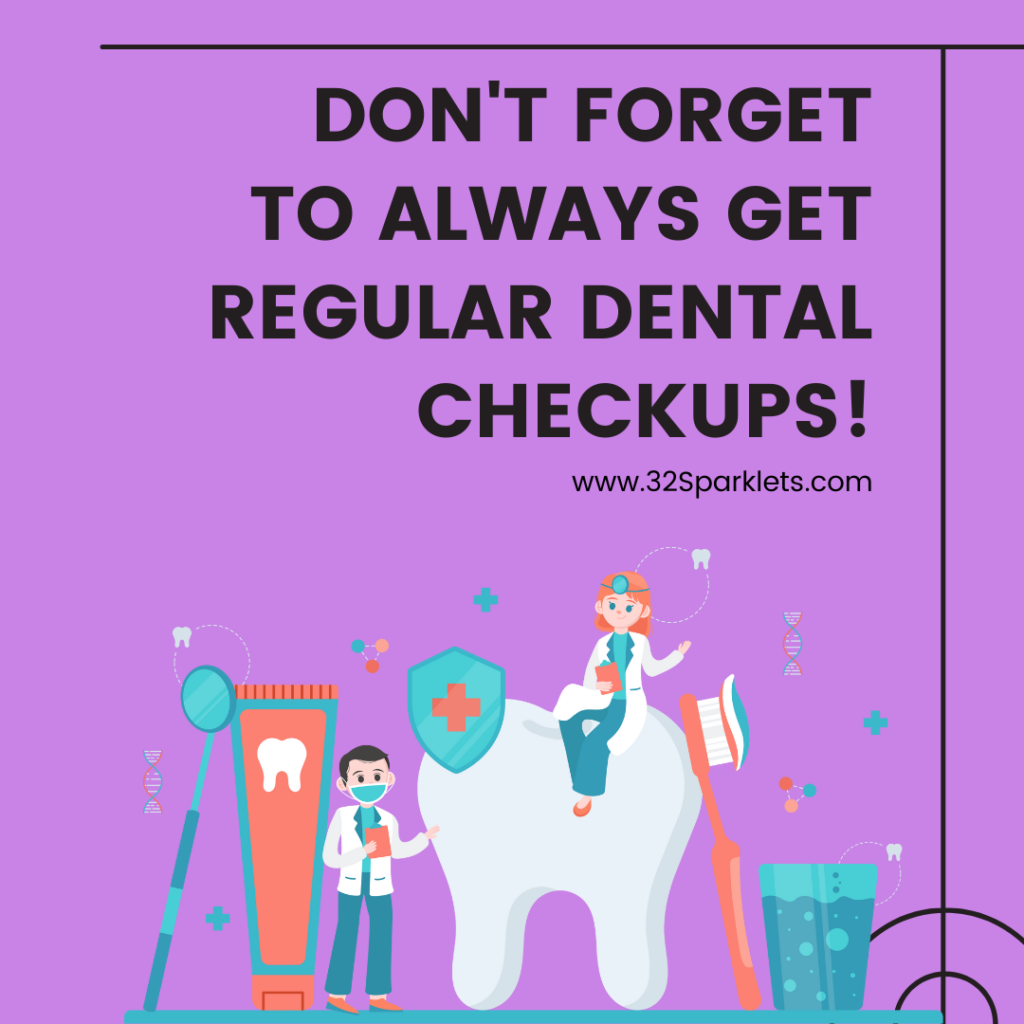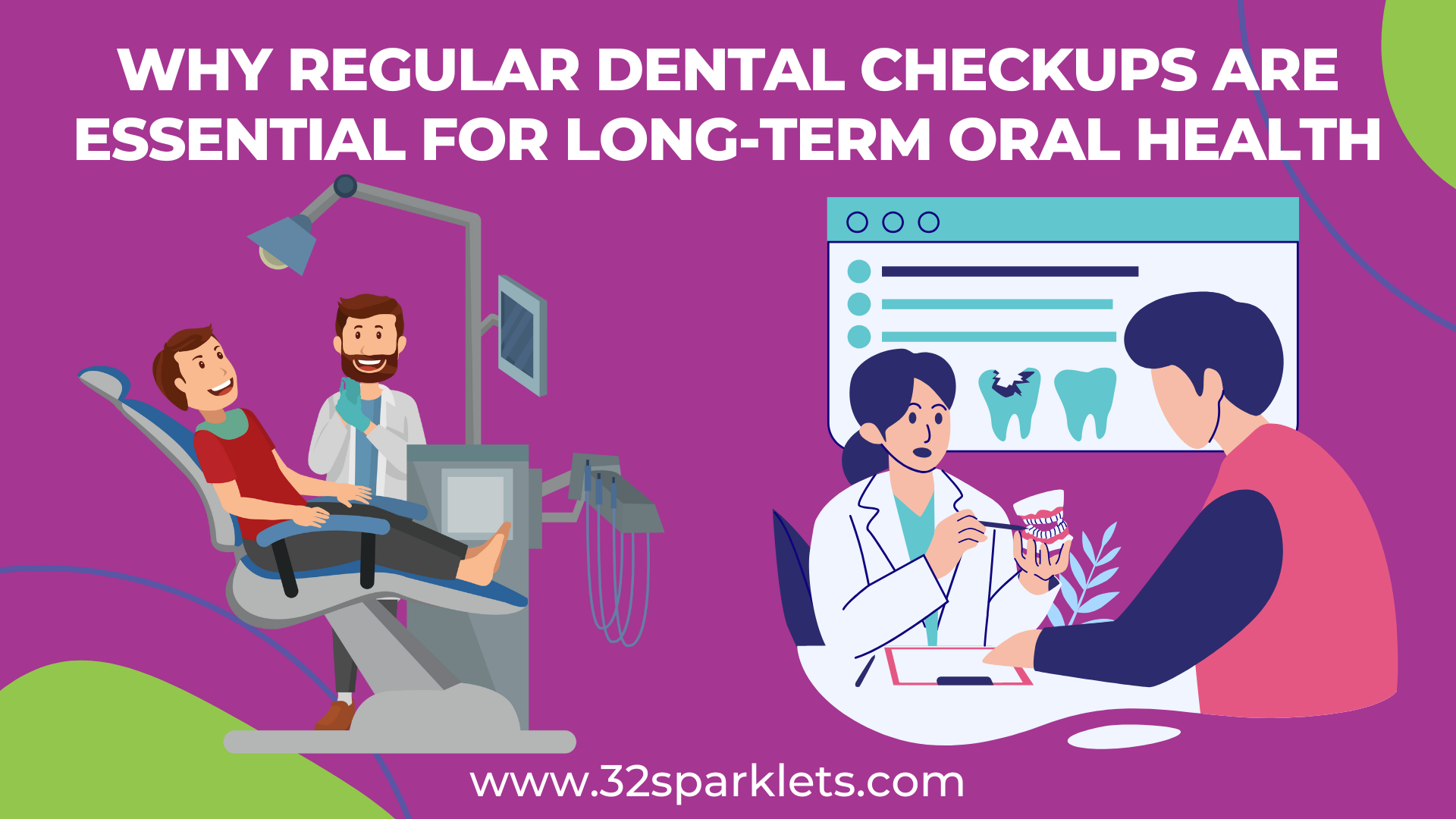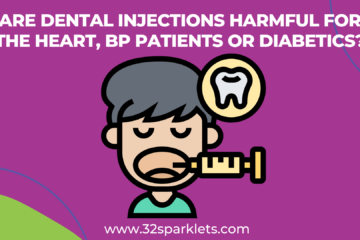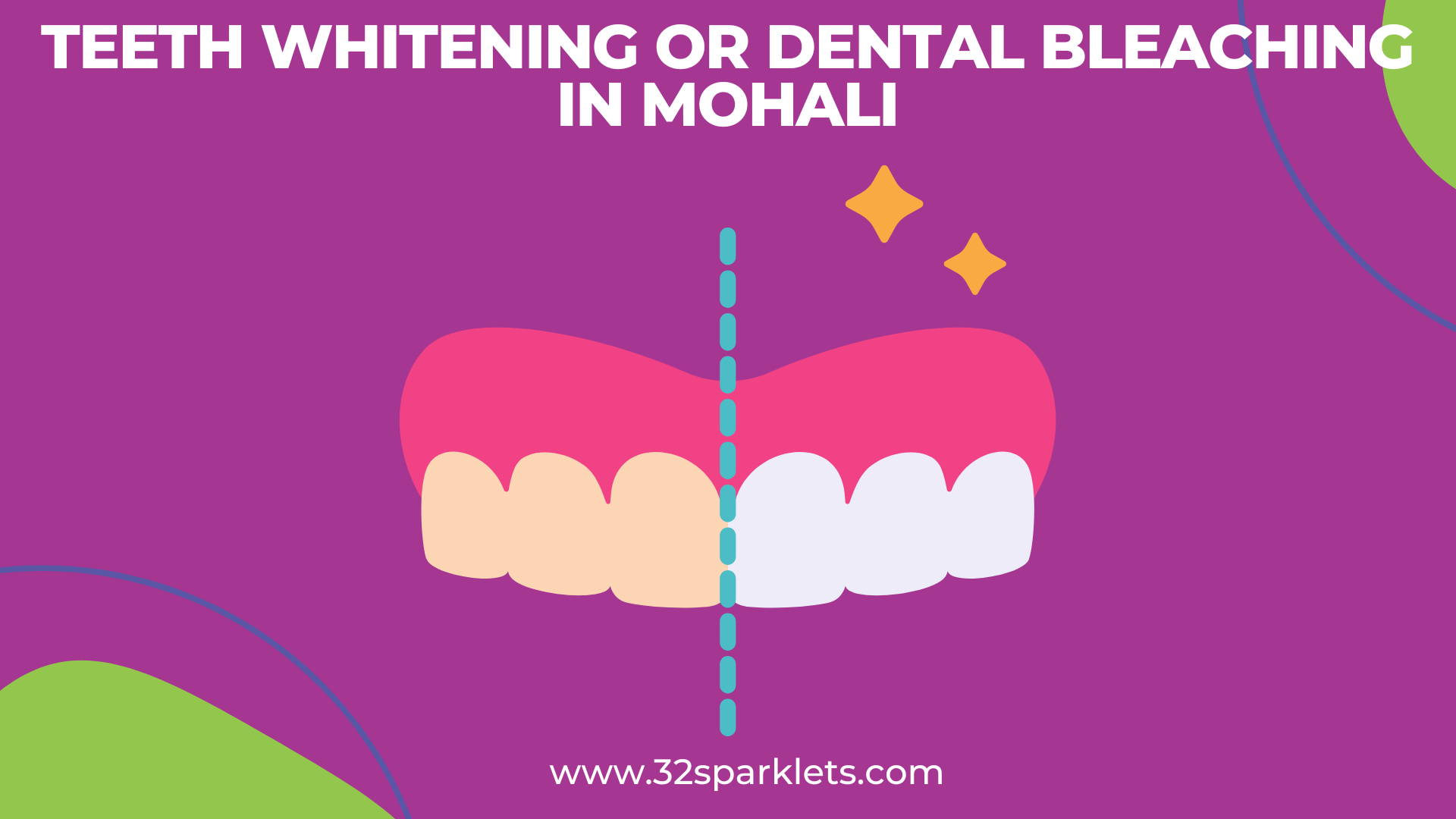Oral health often takes a backseat to other priorities when maintaining a healthy lifestyle. However, regular dental checkups are not just about brightening your smile; they are a cornerstone of overall health and well-being. Ignoring routine dental visits can lead to severe consequences, including tooth decay, gum disease, and even systemic health issues. In this article, we’ll explore why consistent dental checkups are essential for long-term oral health and how they contribute to your overall quality of life.
1. Early Detection of Dental Problems
One of the primary benefits of regular dental checkups is the early detection of dental issues. Dentists are trained to identify problems such as cavities, gum disease, and oral infections before they become severe.
- Cavities: Tooth decay often starts as tiny, unnoticeable spots that can only be detected by a professional. If left untreated, these can develop into larger cavities requiring more invasive treatments like root canals and crowns.
- Gum Disease: Gingivitis, the early stage of gum disease, can be reversed promptly. Without regular checkups, it may progress to periodontitis, which can lead to tooth loss and other complications.
- Oral Cancer Screening: Regular dental visits often include screening for oral cancer. Early detection significantly increases the chances of successful treatment.
Many a time we get patients who have come to us with pain in one of their teeth. The treatment was done for that particular tooth and the patient was informed about initial cavities in other teeth as well. However, the patient did not want any treatment. Later the patient reported after approximately one year with pain in the tooth he was advised filling for. So, the best thing is to get a routine checkup once every 6 months and get all the treatment done, whatever is required.
2. Prevention of Future Issues
Preventive care is always better than treatment. Routine dental checkups often include cleanings, fluoride treatments, and sealants that help prevent problems before they start.
- Professional Cleaning: Brushing and flossing at home are vital, but they cannot remove all plaque and tartar. Professional cleanings help keep your teeth free of these harmful substances, reducing the risk of cavities and gum disease.
- Fluoride Treatments: Dentists may apply fluoride to strengthen enamel, making it more decay-resistant.
- Sealants: For children and even some adults, sealants act as a protective barrier on the chewing surfaces of back teeth, preventing food particles from settling in grooves and causing decay.
3. Maintenance of Overall Health
Your oral health is closely linked to your overall health. Poor dental hygiene and untreated oral issues can contribute to systemic health problems.
- Heart Disease: Studies have shown a correlation between gum disease and cardiovascular issues. Bacteria from the mouth can enter the bloodstream and contribute to plaque buildup in arteries.
- Diabetes: Individuals with diabetes are more susceptible to gum disease, and vice versa. Regular dental visits help manage and monitor this interconnected relationship.
- Respiratory Issues: Oral bacteria can be inhaled into the lungs, potentially causing infections such as pneumonia, especially in older adults.
4. Preservation of Natural Teeth
Losing teeth can have a significant impact on your quality of life, affecting your ability to chew, speak, and smile confidently. Regular dental checkups help preserve your natural teeth by addressing issues before they escalate.
- Treatment of Minor Problems: A small cavity, when treated early, prevents further decay that could compromise the entire tooth.
- Periodontal Care: Gum disease is a leading cause of tooth loss. Regular checkups ensure that any signs of gum problems are treated promptly.
- Customized Advice: Dentists provide tailored advice on oral hygiene techniques and products, ensuring your natural teeth remain in good condition.
5. Cost-Effective Care
While some may view regular dental checkups as an unnecessary expense, they save money in the long run. Preventive care is far less expensive than corrective treatments for advanced dental problems.
- Avoid Expensive Procedures: Regular cleanings and early intervention prevent the need for costly treatments like crowns, implants, or dentures. We recommend dental checkups once every 6 months.
6. Boost in Confidence and Self-Esteem
A healthy smile plays a significant role in your overall appearance and confidence. Regular dental visits help maintain the aesthetics of your teeth and gums.
- Whiter Teeth: Professional cleanings remove stains and discolouration, keeping your smile bright.
- Fresh Breath: Regular checkups help identify and address causes of bad breath, such as plaque buildup or gum disease.
- Aligned Smile: Dentists can recommend orthodontic treatments or cosmetic procedures to improve your smile’s alignment and appearance.
7. Education and Awareness
Dental checkups are an opportunity to learn more about proper oral hygiene practices and how to maintain your teeth at home.
- Brushing and Flossing Techniques: Dentists and hygienists provide guidance on effective brushing and flossing methods tailored to your needs.
- Dietary Advice: Learn about foods and beverages that promote healthy teeth and gums while avoiding those that cause harm.
- Product Recommendations: Dentists can suggest the best toothbrushes, toothpaste, and other dental products for your specific requirements.
8. Support for Children’s Oral Health
Starting dental checkups early in life establishes a foundation for long-term oral health.
- Building Good Habits: Regular visits teach children the importance of dental hygiene and help them develop lifelong habits.
- Preventing Dental Anxiety: Familiarity with the dentist from a young age reduces fear and anxiety associated with dental visits.
- Monitoring Development: Dentists can monitor the growth of a child’s teeth and jaws, identifying any issues early.
9. Detection of Non-Dental Health Issues
Dentists can sometimes detect signs of other health problems during a routine exam.
- Vitamin Deficiencies: Issues like bleeding gums or cracked lips might indicate nutritional deficiencies.
- Autoimmune Disorders: Conditions like dry mouth or oral lesions could be linked to autoimmune diseases.
- Signs of Infection: Swollen lymph nodes or persistent sores might point to underlying infections.
How Often Should You Visit the Dentist?
The general recommendation is to visit the dentist every six months. However, the frequency may vary based on individual needs:
- Every 3-4 Months: For those with gum disease or a history of frequent cavities.
- Annually: If your oral health is excellent and you maintain good hygiene.
Your dentist will recommend a schedule according to your specific requirements.

Conclusion
Regular dental checkups are not just a means to maintain a beautiful smile; they are vital to your overall health and well-being. By prioritizing routine visits to your dentist, you can detect problems early, prevent future issues, and preserve your natural teeth. Additionally, you’ll enjoy benefits like fresh breath, enhanced confidence, and valuable education on maintaining oral hygiene. Remember, taking care of your teeth today ensures a healthier, brighter tomorrow—so don’t delay your next dental appointment!



